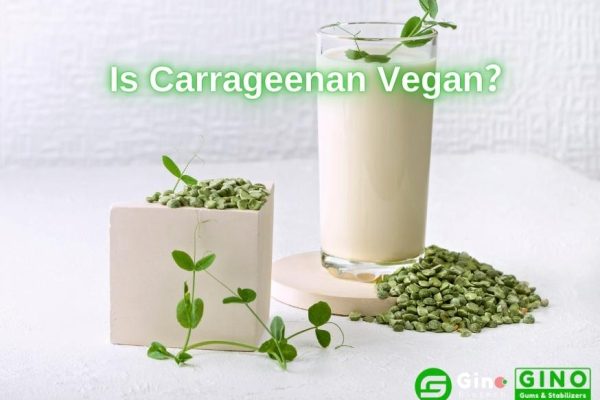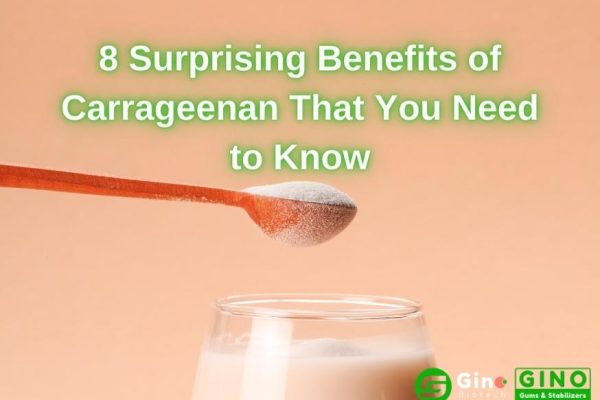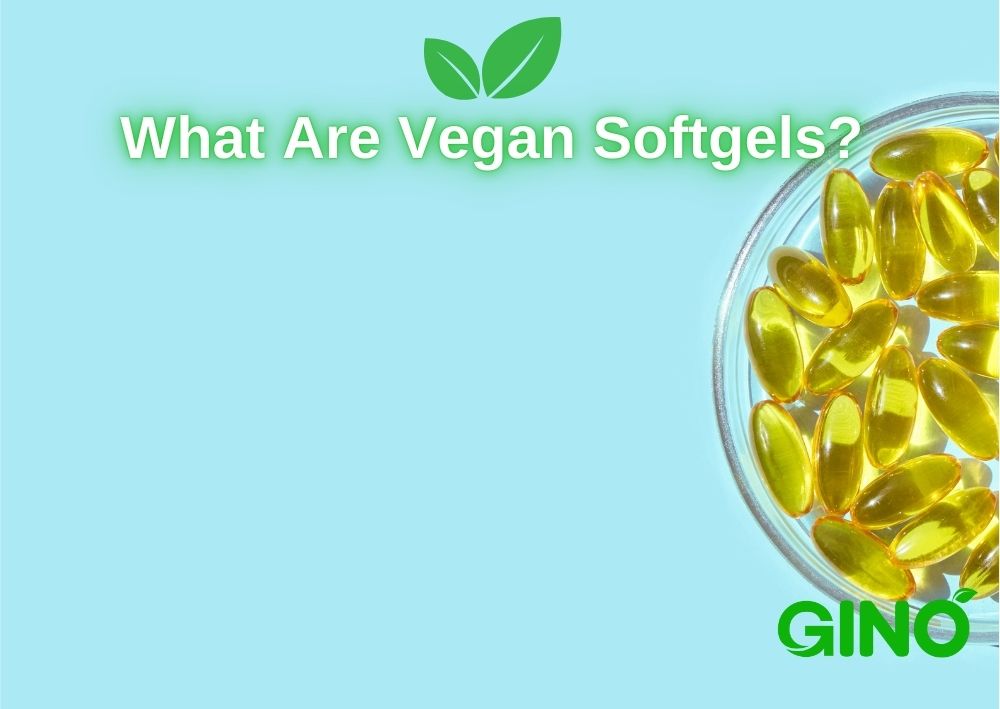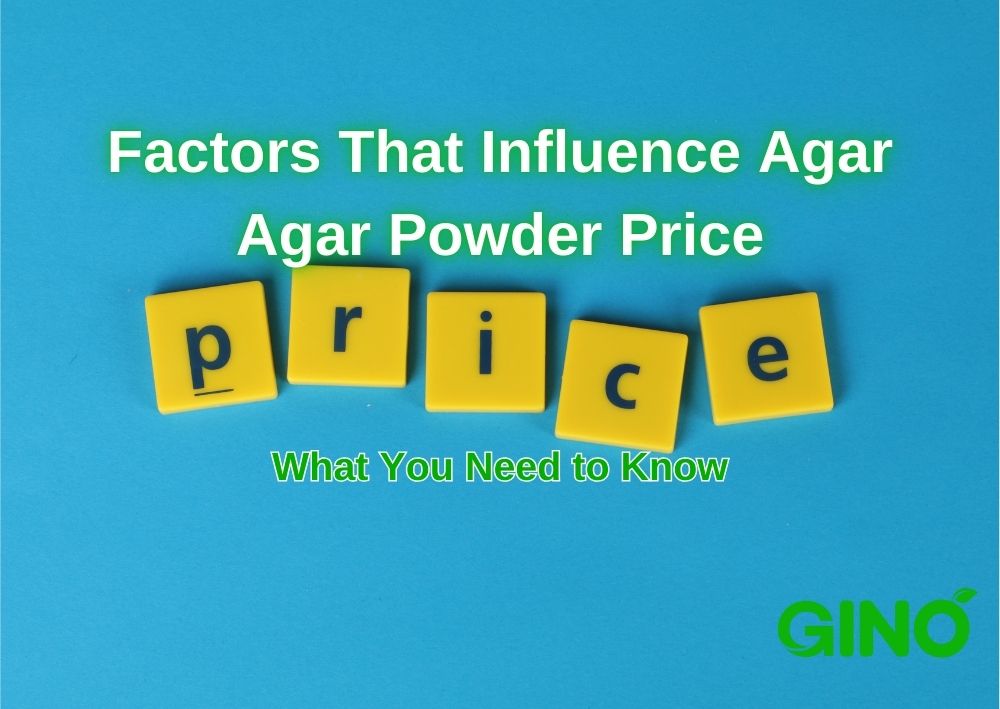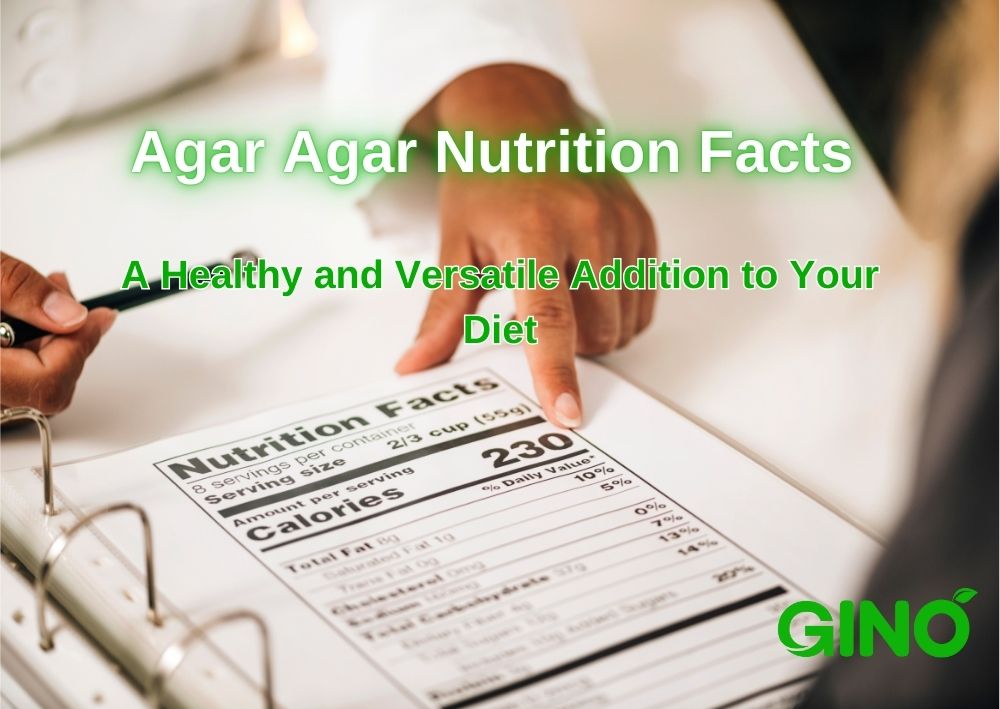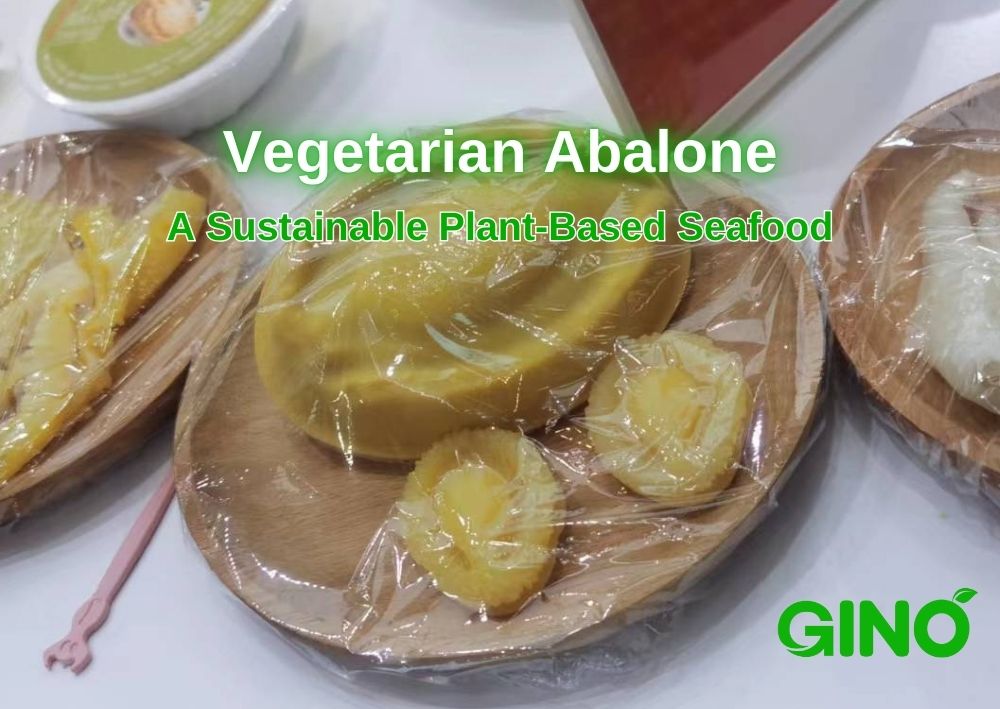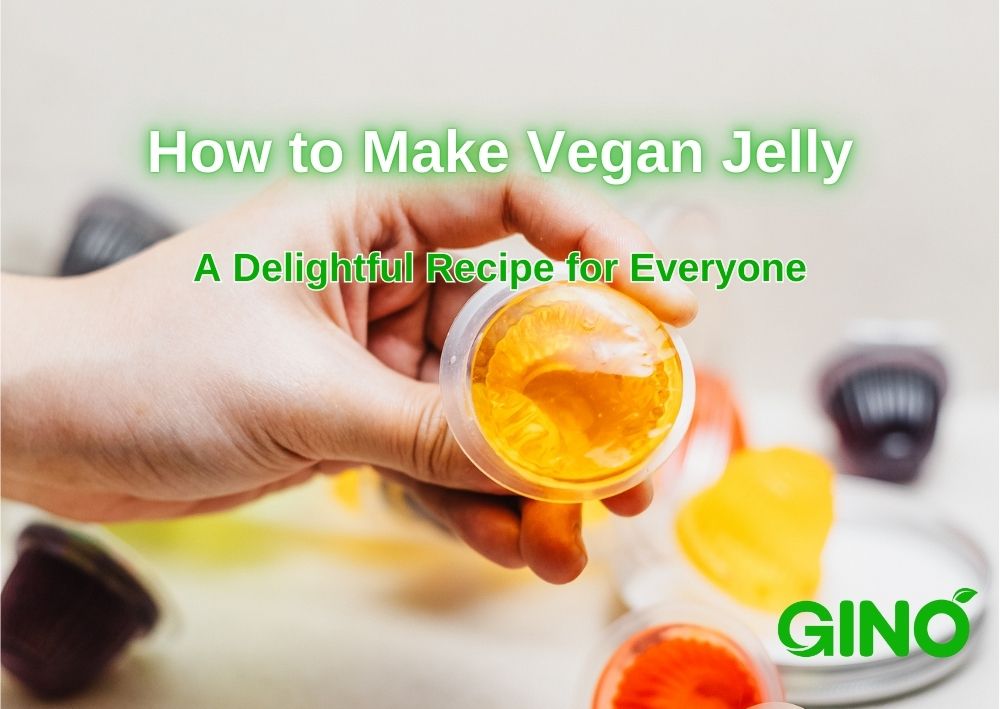Há mais de 10 anos que a Gino Biotech é um dos principais fornecedores de hidrocolóides alimentares. Com a nossa variedade de gomas e estabilizadores à base de plantas, podemos criar soluções hidrocolóides à medida, perfeitamente adaptadas às necessidades dos nossos clientes. LER MAIS
What Foods Contain Carrageenan? Everything You Need to Know
What Foods Contain Carrageenan?
Facebook
Twitter
LinkedIn
Introdução
Carrageenan is a name you may have seen on food labels, but what exactly is it, and why is it in so many of the foods we consume daily?
This natural ingredient, derived from red seaweed, is more common than you might think. Whether you're enjoying a creamy dairy treat or preparing a smooth sauce for dinner, carrageenan plays a crucial role in food production.
Today, we’ll explore what foods contain carrageenan and how it helps enhance our favorite products.
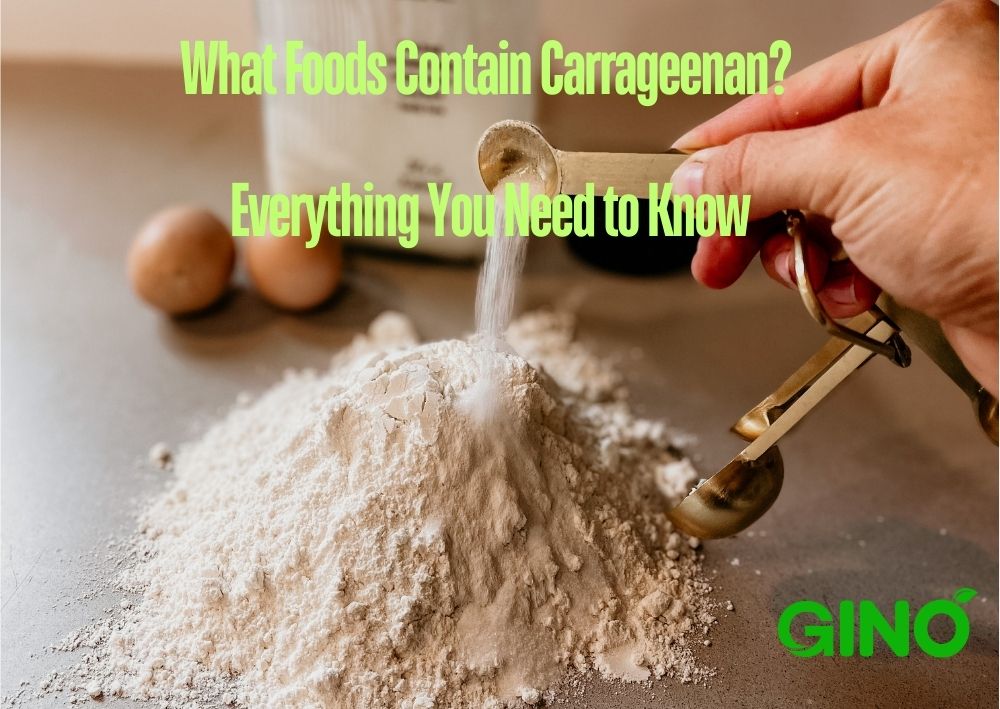
1. What Foods Contain Carrageenan?
If you’ve ever wondered which foods are made with carrageenan, you might be surprised by its widespread use. Let’s break it down:
1. Dairy Products
From milk and cream to yogurt, carrageenan is commonly used in dairy to keep the ingredients from separating and to create that smooth, velvety texture you expect. Chocolate milk, in particular, uses carrageenan to stop the cocoa from settling at the bottom.
2. Non-Dairy Milk Alternatives
Plant-based options like almond milk, soy milk, and coconut milk also rely on carrageenan. These drinks need something to give them the creamy texture that dairy products naturally have, and carrageenan helps them achieve that consistency.
3. Ice Cream and Frozen Desserts
When it comes to ice cream, carrageenan is a hidden hero. It keeps ice crystals at bay and ensures a silky, creamy texture. The next time you scoop your favorite ice cream, remember it’s carrageenan working behind the scenes to make each bite smooth.
4. Processed Meats
Many types of deli meats, sausages, and hams contain carrageenan. It acts as a binder, keeping the meat moist and improving its texture. This is particularly important in lower-fat products, where carrageenan helps replace the richness that fat would otherwise provide.
5. Puddings and Custards
Desserts like jellies, puddings, and custards often contain carrageenan to give them their signature gel-like consistency. It’s also a common choice for vegan and vegetarian products as a plant-based alternative to gelatin.
6. Infant Formula
Some infant formulas use carrageenan to improve the texture and ensure that the nutrients remain evenly distributed. It acts as a stabilizer, making the formula easier to mix and maintain over time.
7. Sauces and Salad Dressings
Carrageenan is often added to sauces, gravies, and salad dressings to give them a thicker consistency and prevent separation. You’ll notice the smooth texture when you pour your favorite dressing or sauce onto a meal.
8. Canned Pet Foods
Even pet foods make use of carrageenan! In wet, canned food, it helps to bind ingredients together, giving your pets a consistent texture that they’ll enjoy, and that holds up well in storage.
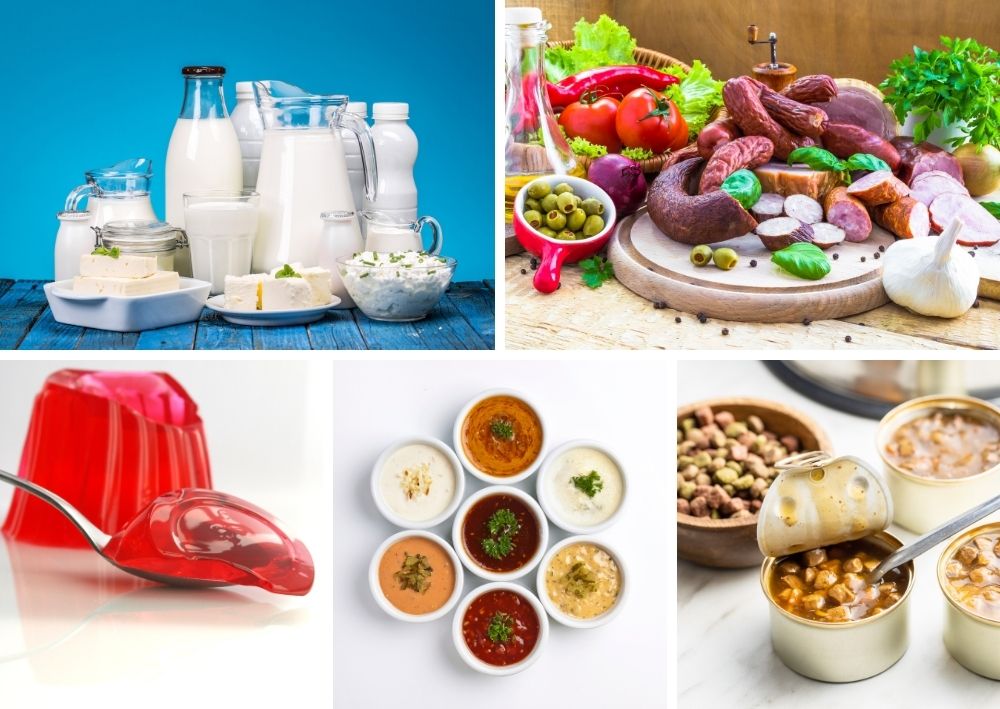
2. Why Is Carrageenan So Popular?
Carrageenan is used widely because it provides key benefits that improve the quality of food products. Let’s break it down:
- Texture and Consistency:Whether it’s a thick sauce or a creamy milk alternative, carrageenan helps deliver the textures we’ve come to expect in our food.
- Fat Replacement:Carrageenan is often used in low-fat or non-dairy products to replicate the rich, creamy mouthfeel that fat would usually provide.
- Stabilization:It helps prevent separation, ensuring a more uniform texture and consistency over the shelf life of the product.
- Plant-Based & Natural:Being derived from seaweed, carrageenan appeals to consumers looking for natural or plant-based ingredients, making it suitable for vegetarian and vegan diets.
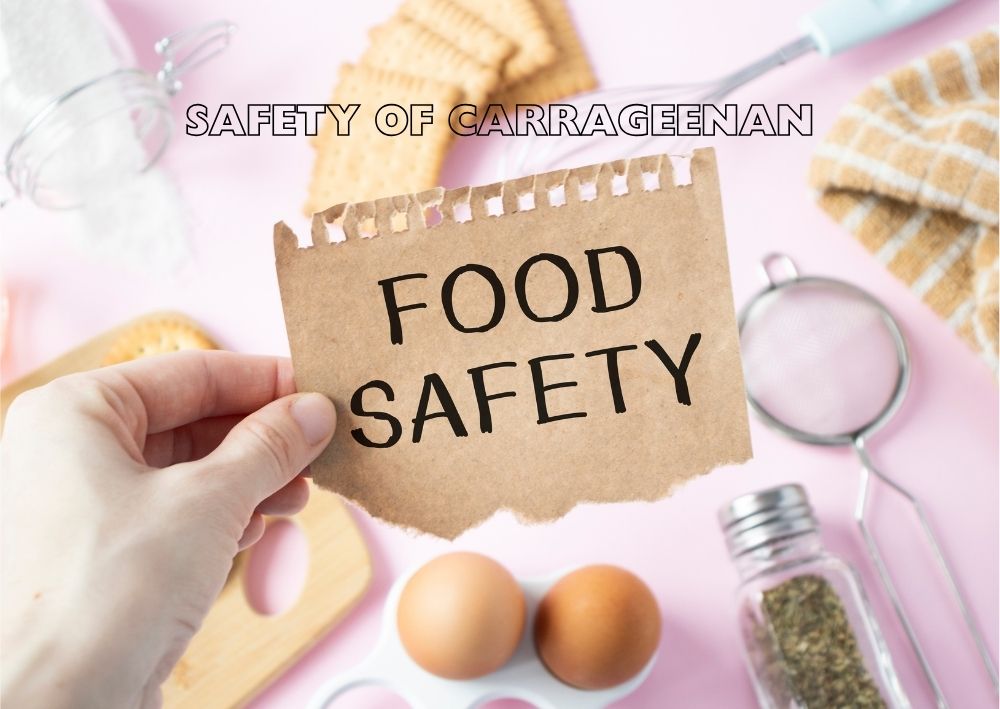
Carrageenan’s safety in food has been well-researched. Regulatory agencies like the U.S. Food and Drug Administration (FDA) and the European Food Safety Authority (EFSA) have declared food-grade carrageenan safe for consumption.
Some people may have concerns about digestive health, but it's important to note that these worries are typically linked to "degraded carrageenan" (poligeenan), which is not used in food.
The type found in our daily foods is entirely different and has been approved for use.
4. Conclusion: Why It Matters to Know What Foods Contain Carrageenan
Understanding what foods contain carrageenan can help you make informed decisions about what you eat. Carrageenan is a natural and effective ingredient that helps improve the texture, stability, and appeal of many products we enjoy daily, from dairy and non-dairy alternatives to processed meats and frozen treats.
If you're a food producer looking for high-quality carrageenan or other hydrocolloids, our company offers a wide variety of solutions. Whether it’s for dairy, non-dairy, meat, or even pet food, we can provide the ideal product to meet your needs.
Contact us today to learn more about our range of carrageenan products and how they can enhance your food formulations.
We also offer other hydrocolloids like agar and guar gum, providing you with the perfect tools to craft superior food products.
Let us help you bring your next project to life with the best ingredients on the market!
Contactar a nossa equipaPublicações recentes
Sobre a Gino Biotech

Somos uma empresa biotecnológica especializada na investigação, desenvolvimento e comercialização de aditivos alimentares inovadores e tecnológicos hidrocolóides Ágar-ágar, Carragenina, e Soluções de estabilizadores feitas à medida.
Com o know-how alargado e a experiência na investigação, aplicação e utilização de hidrocolóides, podemos fornecer um balcão único soluções personalizadas perfeitamente adaptados às necessidades dos nossos clientes.
O nosso produtos cobrem as necessidades dos sectores da carne, dos lacticínios, da panificação, da confeitaria e de outros sectores industriais.
Contacte o nosso representante de vendas para mais informações.



